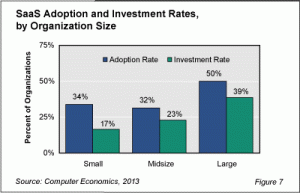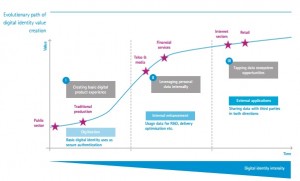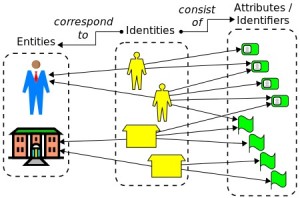If you thought that Middle Ages could only happen on Earth you would be wrong. This days they are happening in cloud but not for long.

Just think Google or Facebook and their stand on data ownership, protection and retention and its pretty clear that software-as-service’s (SaaS) market has Data Feudalism written all over.
And Google and Facebook aren’t exceptions.
More of a rule on how current internet industry is preferring to handle user data, their privacy and security.
Gartner predicts that this will continue not only through 2014. but also year after as well.
It states that 80% of IT procurement professionals in companies that work in other industries will remain dissatisfied with SaaS contract language and protections that relate to security. Among other things because of lack of meaningful financial compensation for losses of security, service or data.
But this is just a piece of puzzle.
“Concerns about the risk ramifications of cloud computing are increasingly motivating security, continuity, recovery, privacy and compliance managers to participate in the buying process led by IT procurement professionals,” said Alexa Bona, vice president and analyst at Gartner.
As it seems companies are buying more and more of SaaS services regardless.
Public cloud market grew overall in 2012, with 49 percent of organizations having systems in place compared to 47 percent in 2011. according to report by Computer Economics(CE).
CE expects that by 2018. new SaaS application sales will exceed new on-premises application sales.
For now this is how many companies is interested to use these apps in SaaS:
37% Email and calendaring
32% Human resources applications
25% ERP (enterprise resource planning)
11% Expense reporting
24% Other
(multiple answers query)
Adoption of SaaS is boosted primarily by speed of implementation, reduced IT infrastructure, scalability and easier upgrades. Availability, disaster recovery and lower costs are marked as less important.
But CE points that what adds more value to SaaS are in good order:
- data privacy
- security
- control over processes
- integration
- and performance.
These are major concerns that companies have with public cloud services. That is also way Compliance Officer and compliance in general (regulatory and non-mandatory) is going to play major roll in the future of SaaS.
Like in other things US and EU have opposite approach on how to boost consumer trust in public cloud services (particularly SaaS) and how to end Data Feudalism and internet industry’s Middle Ages.
US is in favor of industry self regulation and EU of regulatory compliance.
In both ways this is a win-win for Privacy industry and consumers.
These trends aren’t going to play such a big roll in adoption rate of SaaS services but are going to play major roll in product differentiation.
In other words, privacy is becoming crucial measure of quality for SaaS.
Win-win.


